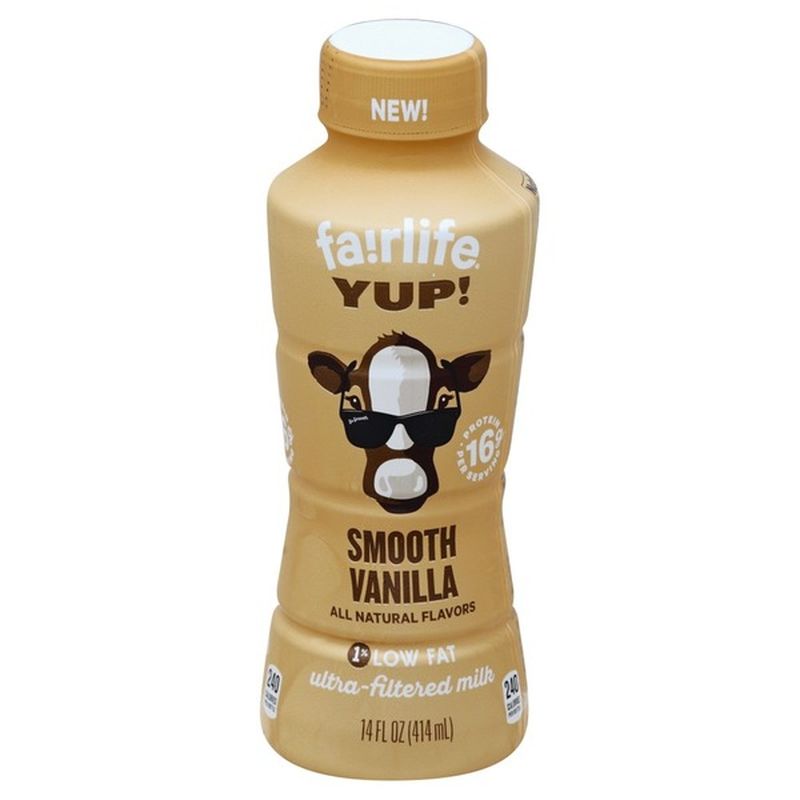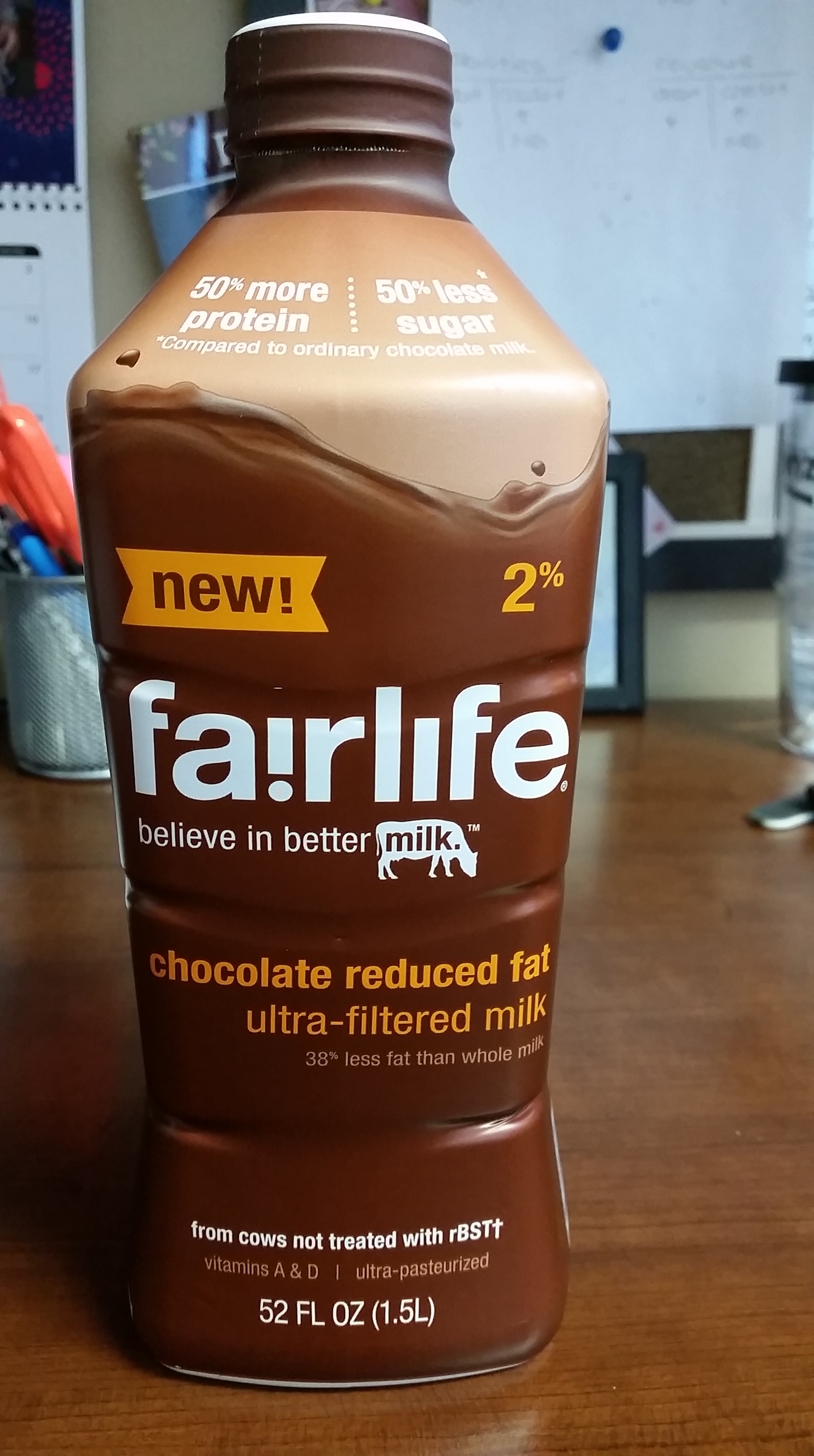
We fight the big fights to end suffering for all animals and with your help, will achieve the vision behind our name: a humane society. The evaluators, who are usually employed by the dairy cooperatives or processors, interview owners and employees, review records and observe the animals and facilities.įarms that fail to meet less-critical standards, such as how milking is performed, are encouraged to show progress on their next evaluation three years later, but are not penalized if they don’t.Ībout Humane Society of the United States : Fairlife’s website states that after ARM exposed Fairlife’s cruelty, the dairy company stopped buying milk from Fair Oaks, and established a robust welfare program with their other farms, which Fairlife has put over 8 million into. milk supply is enrolled in the program, said Jamie Jonker, vice president of sustainability and scientific affairs. Though it’s voluntary, about 98 percent of the U.S. The dairy industry has set its own animal welfare standards through a national program called FARM - Farmers Assuring Responsible Management - that conducts regular audits of participating members. Some states have adopted confinement laws - California, for example, has set minimum space requirements for calves raised for veal, breeding pigs and egg-laying hens and bans the sale of products from farms that don’t comply - but most states, including Illinois, don’t have any laws pertaining to animal husbandry practices. For more class actions keep scrolling below. Our delicious and satisfying fairlife 2 Ultra-Filtered Milk has 50 less sugar and 50 more protein than regular milk. on September 28, 2022, Chicago, Illinois.

Box 5569 Portland, OR 97208-5569 The Court will hold a Fairness Hearing at 10:00 a.m. The agency’s main goal is to get a violator to make changes to comply with the law, and if they fail to do so it may refer the case to the state’s attorney for possible charges, Ernst said. In re fairlife Milk Products Litigation P.O.

The footage of dairy cows and newborn calves being punched, kicked, and dragged by workers at Indiana’s Fair Oaks Farms raised this question among many: Who was monitoring to ensure the animals were being treated humanely?


 0 kommentar(er)
0 kommentar(er)
